Rise of warehouse stores in China as consumers opt for low-cost bulk buying
Warehouse stores were the preferred shopping format for Chinese consumers during the pandemic due to the vast space ideal for social distancing and the low cost for bulk items needed to reduce the number of trips outside. However, even with the end of the pandemic, this consumer trend remains. Lianhe Zaobao journalist Daryl Lim looks into the matter.
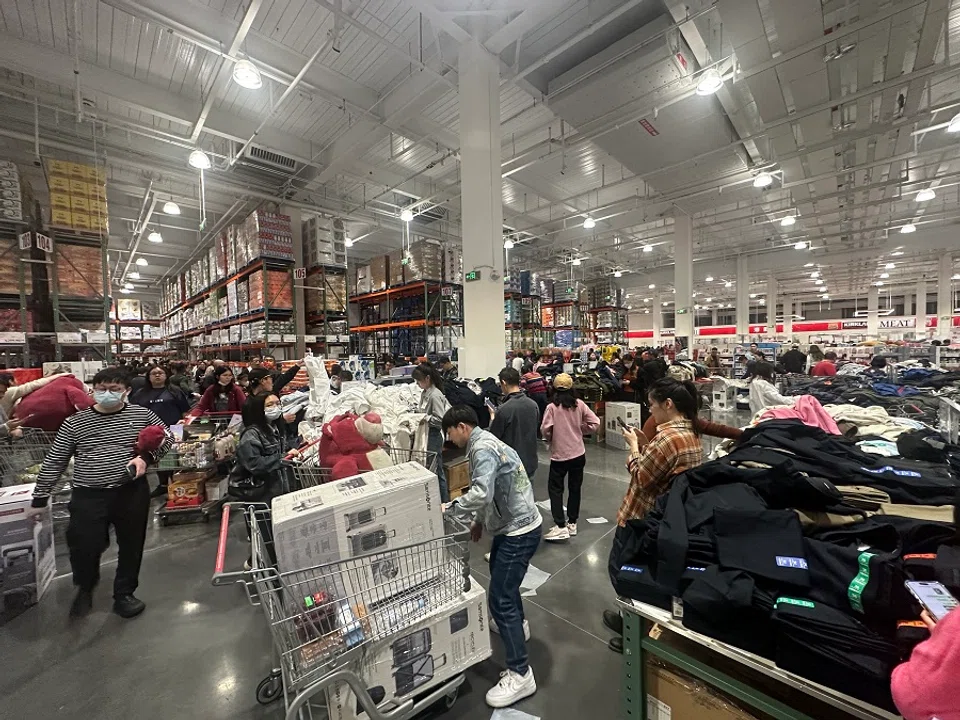
(Photos: Daryl Lim/SPH Media, unless otherwise stated.)
US retailer Costco has set up shop in Shenzhen, marking the second membership-only warehouse store to open in the city in six months. Following the rise of e-commerce platforms in China, traditional supermarkets have seen a wave of store closures in recent years. Meanwhile, warehouse stores are quickly entering the market, reflecting a subtle shift in China's consumption patterns.
Cheaper than e-commerce platforms
Snaking lines formed outside Costco on its opening day on 12 January in Shenzhen's Longhua district, with thousands of people braving the hot sun for three hours just to get in.
Costco is the world's largest warehouse store in terms of the number of stores. After its first mainland Chinese store opened in Shanghai's Minhang district in 2019, it has since opened more stores in east China, including Suzhou, Hangzhou and Ningbo. The Shenzhen store is the sixth in China and the first flagship store in south China.
Warehouse stores refer to a retail format that sells its goods and keeps its stock in the same space. Consumers pay an annual membership fee to gain access to the supermarket and enjoy discounted prices. A Costco annual membership fee in China costs 299 RMB (US$42).
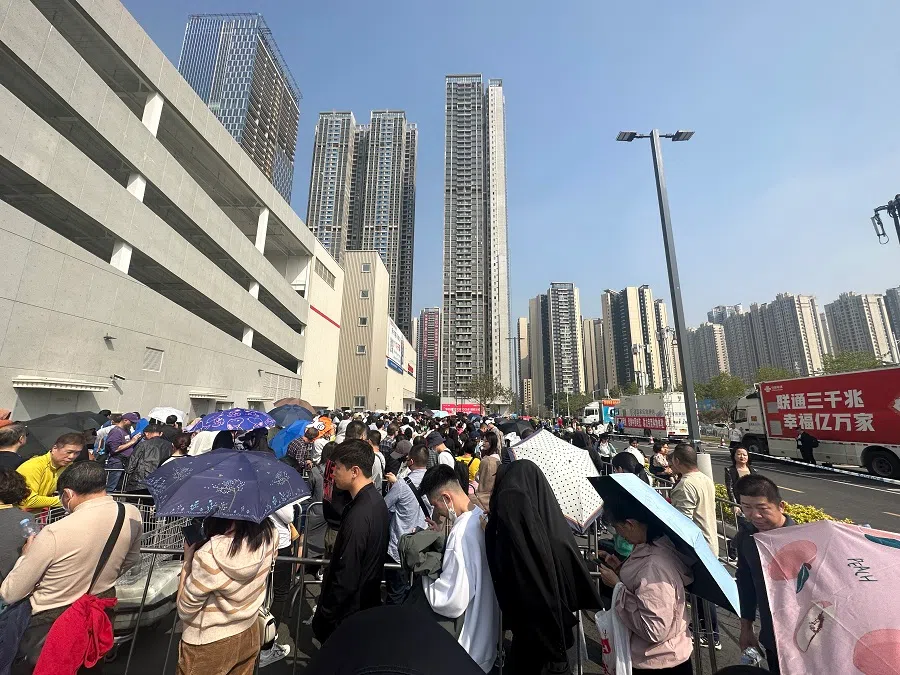
In fact, warehouse stores are not considered a new retail format in China. In 1996, Sam's Club, a division of US retailer Walmart, opened a store in Shenzhen's Futian district, marking the beginning of China's membership-based supermarkets.
Customers had also flocked to Sam's Club last June when its store opened in Qianhai, Shenzhen. On opening day, thousands of parking spots in the building were already occupied early in the morning, and some consumers even had to queue for an hour.
Feng Ying, a housewife from Shenzhen who is a member of both Costco and Sam's Club, told Lianhe Zaobao that she visits warehouse stores every month to stock up on daily necessities - from grocery items and cleaning products to cooking ingredients.
She said, "Warehouse stores generally offer more affordable prices than ordinary supermarkets and e-commerce platforms, as well as many imported brands, which are rarer on the market."
Even for Apple iPhones, which have a relatively fixed price, Costco is still selling them for over 1,000 RMB cheaper than the official website.
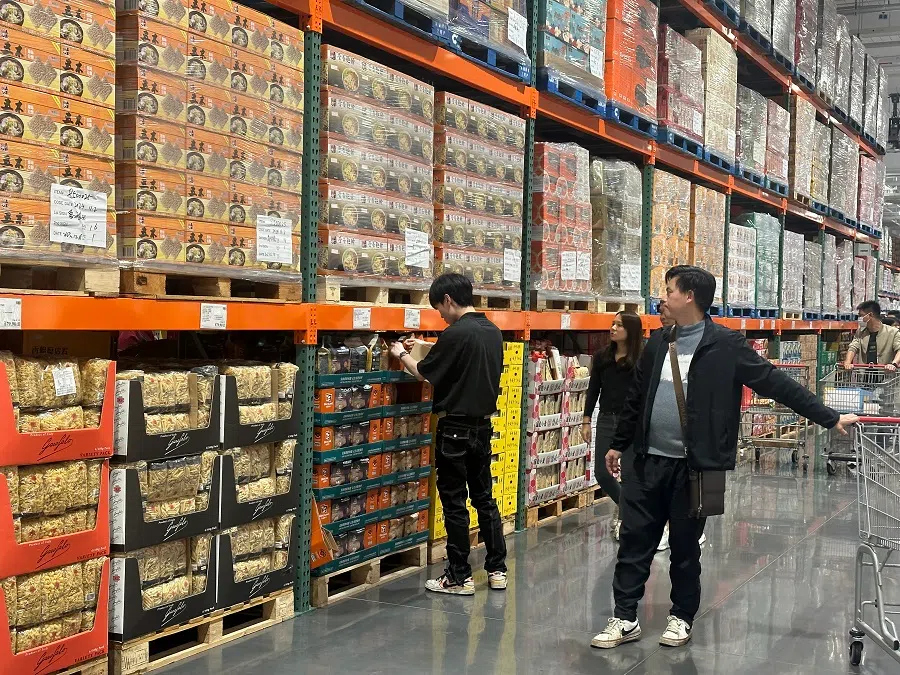
Taking household chemicals as an example, a certain brand of laundry detergent pods sold at Costco costs 169.90 RMB for 158 pods; Taobao sells the same product at 300 RMB for 96 pods while JD.com sells them at 99 RMB for 32 pods. Based on the per unit price, Costco's laundry detergent pods are about three times as cheap as the ones from e-commerce platforms.
Even for Apple iPhones, which have a relatively fixed price, Costco is still selling them for over 1,000 RMB cheaper than the official website.
Traditional supermarkets shutter amid flourishing warehouse stores
Tang Yinuo, an assistant professor at Peking University's HSBC Business School, said in an interview that compared with traditional supermarkets and other retail formats, warehouse stores have a bigger cost advantage in marketing, renovation, rent and labour. He said that warehouse stores operate by eliminating many of the intermediate steps in the sales process and setting a price between that of wholesale and retail to offer higher discounts to consumers.
He said, "Warehouse stores are like an offline 'Pinduoduo', where consumers can buy products directly from manufacturers closer to wholesale prices. The difference is that people are able to see and feel these products when they shop in person, which better guarantees quality and reduces the likelihood of buying counterfeit goods."
Various Chinese retailers have been entering the warehouse store industry in recent years. According to incomplete statistics from consumer services platform yilantop.com (壹览商业), more than 100 new warehouse stores have opened in China between 2021 and the end of March 2022.
Alibaba's grocery arm Hema Fresh (盒马鲜生) also opened a Hema X membership-only store in October 2020, becoming the first Chinese brand to enter the country's warehouse store race.
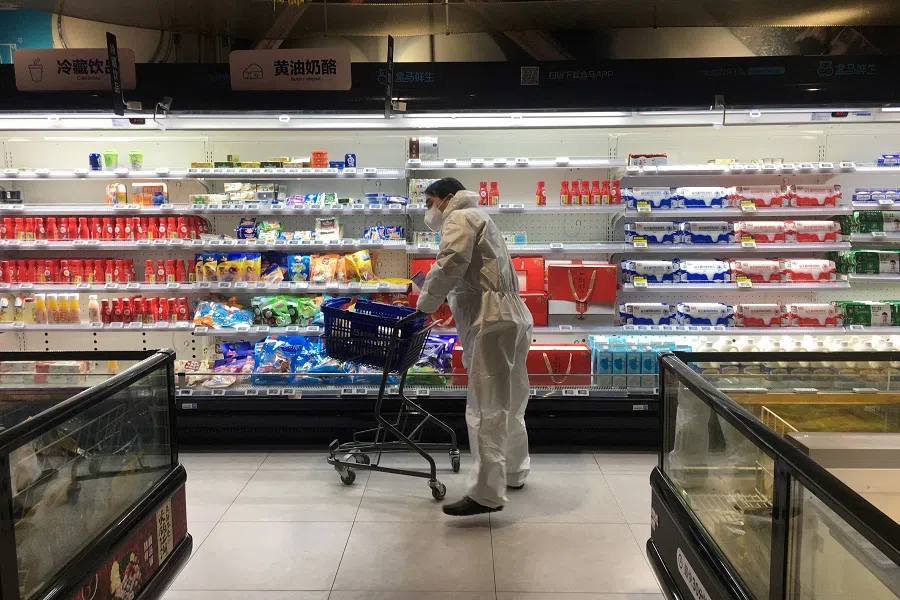
Apart from well-established warehouse stores, Alibaba's grocery arm Hema Fresh (盒马鲜生) also opened a Hema X membership-only store in October 2020, becoming the first Chinese brand to enter the country's warehouse store race. There are now ten Hema X stores across the country in Beijing, Shanghai and Suzhou.
However, not all supermarkets are flourishing. With the rise of e-commerce platforms in China, countless traditional supermarkets are shuttering due to long-term losses and other factors.
Statistics from yilantop.com show that in the first half of 2023 alone, at least 692 supermarkets have ceased operations across China. Among them, major supermarket chains such as Carrefour and Lianhua Supermarket saw over 100 store closures.
Removing decision fatigue for consumers
Lin Minchun, a sales manager who supplies hygiene products to Chinese supermarkets, pointed out in an interview that apart from the price advantage, the change in consumer habits is the main reason driving the decline of traditional supermarkets and the rise of warehouse stores.
Lin observed that warehouse stores first gained popularity during the pandemic when people looked forward to shopping at supermarkets. Warehouse stores became the preferred choice of many consumers due to its huge space, ideal for maintaining a safe distance.
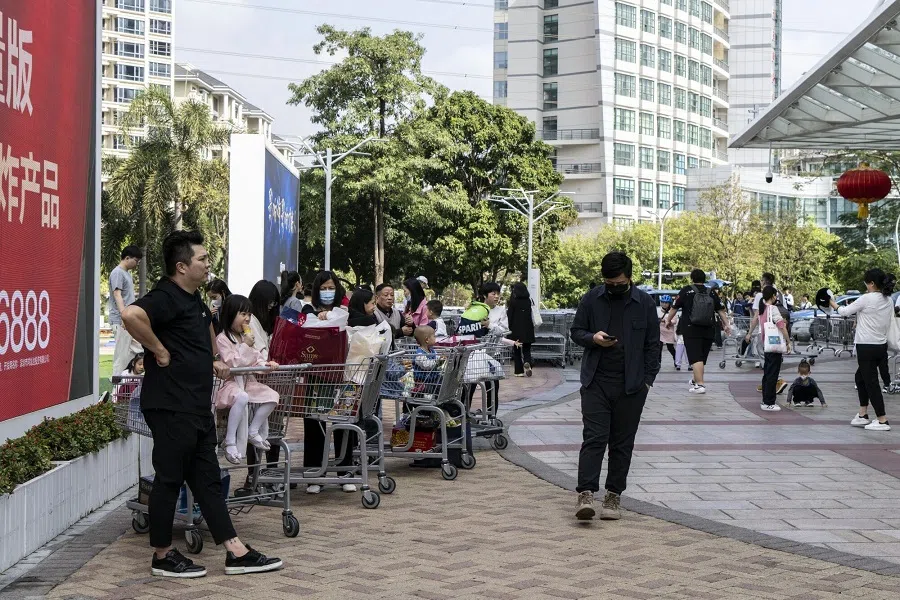
She said, "Buying in bulk was also in line with the fact that people were asked to reduce their number of outings at the time, a consumer habit that persisted even after the pandemic."
Lin pointed out that warehouse stores do not distinguish between regular and discounted prices, so prices are relatively stable compared with traditional supermarkets. She explained, "If you buy a product for 50 RMB today and find that it was reduced to 30 RMB tomorrow, you would feel shortchanged. But the pricing model for warehouse stores ensures that consumers do not feel this way."
Warehouse stores generally have around 4,000 to 5,000 stock keeping units (SKUs), about ten times less than the 40,000 in traditional supermarkets. For example, Lin said that warehouse stores only have over 80 SKUs of household chemicals, much less variety than traditional supermarkets.
"There are too many choices on the market now and consumers often face decision fatigue. Warehouse stores conduct a round of screening when selecting products in order to offer the most affordable options to consumers." - Lin Minchun, a sales manager who supplies hygiene products to Chinese supermarkets
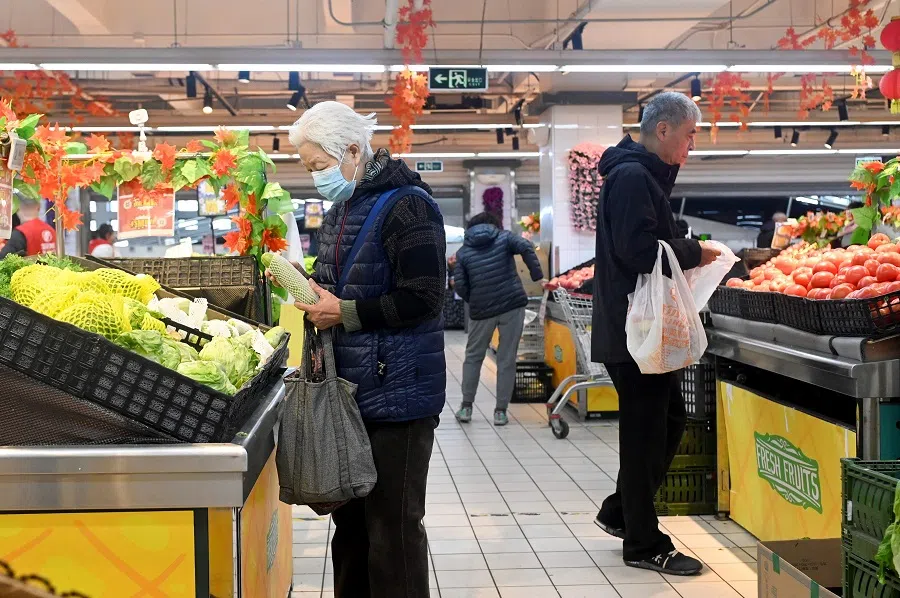
She said, "There are too many choices on the market now and consumers often face decision fatigue. Warehouse stores conduct a round of screening when selecting products in order to offer the most affordable options to consumers. This is the preferred shopping experience of many consumers."
Following the boom of warehouse stores, several traditional supermarkets are also transforming into warehouse stores, turning their operating model into a membership-based one and transforming their existing spaces into a huge warehouse selling items in bulk.
However, Lin pointed out that the consumer is shrewd - as soon as they realise that these supermarkets are just old wine in new bottles and that they do not offer more cost-effective private brands, they will not shop there anymore. Ultimately, these stores will meet the same ending.
This article was first published in Lianhe Zaobao as "开市客深圳开业 仓储超市模式崛起".





